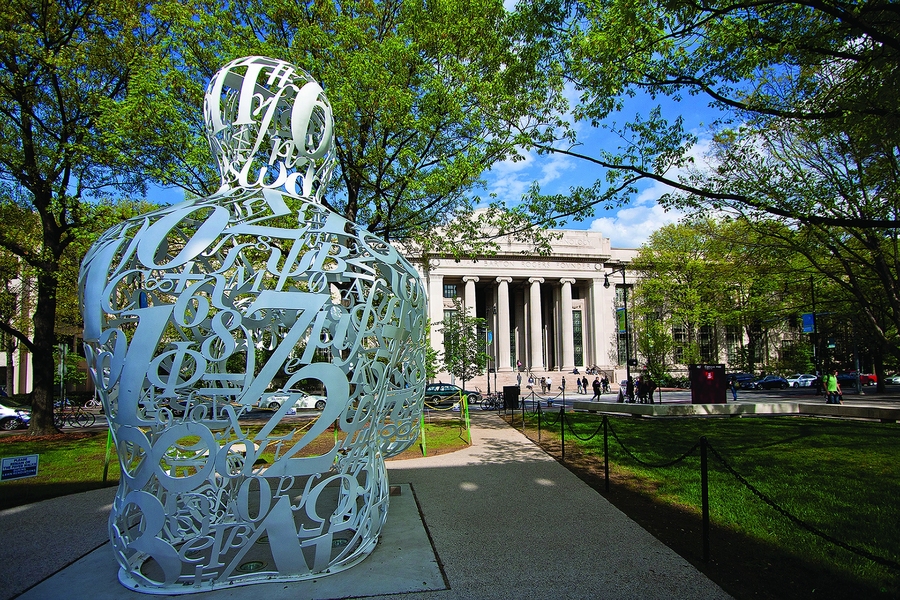MIT researchers have developed a highly efficient approach to training reinforcement learning models, promising to greatly enhance AI systems’ decision-making abilities in complex tasks. Their new algorithm improves the way AI systems handle tasks that involve variability, such as traffic control in urban areas. The groundbreaking method has shown to increase the reliability of AI models when faced with a range of tasks requiring adaptability.
In AI-driven systems, reinforcement learning is crucial. However, current models often struggle when faced with even slight variations in tasks. For example, a reinforcement learning model tasked with managing traffic signals in a city could face challenges when adjusting to different speed limits, traffic flow, or road conditions at various intersections. This can result in suboptimal performance and inefficiency.
MIT's new technique seeks to tackle this issue by strategically selecting the best tasks for training, enabling the AI system to effectively manage a variety of related tasks. For traffic control, this means focusing on a smaller number of key intersections, which significantly enhances performance while minimizing the computational costs of training. The researchers demonstrated that their method could be up to 50 times more efficient than traditional approaches across multiple simulated tasks.
The core of this innovation lies in its ability to optimize how training tasks are selected. By focusing on the most relevant tasks that contribute to overall performance, the algorithm accelerates the learning process, ensuring faster and more reliable decision-making. In their tests, the researchers found that the algorithm not only boosted the learning efficiency but also reduced the time and data needed for training. With this approach, a model trained on only a few selected tasks can achieve results comparable to one trained on a much larger dataset.
This work addresses a significant challenge faced by engineers when designing AI systems for complex, real-world applications like traffic management, where training a model on every possible variable can be both time-consuming and resource-intensive. The researchers' algorithm allows engineers to focus on high-impact tasks while ensuring broad applicability across various situations.
The breakthrough comes from applying a strategy known as zero-shot transfer learning, which allows a model to be applied to new tasks without additional training. MIT’s Model-Based Transfer Learning (MBTL) algorithm enhances this by modeling how each task contributes to performance improvement and how much performance might degrade when transferring learning from one task to another. This predictive approach helps select the most valuable tasks for training, improving efficiency and performance.
By testing the algorithm across multiple control tasks, such as managing real-time traffic signals and advising on speed limits, the team found a marked improvement in efficiency. Their results suggest that the MBTL approach could dramatically reduce the need for extensive data sets while still achieving the same or better outcomes compared to traditional methods. In one example, using just two tasks for training achieved the same result as training on 100 tasks using standard methods.
The researchers aim to apply this novel AI technique to a range of real-world scenarios, including next-generation mobility systems. With further development, the MBTL method could extend to more complex environments, offering significant potential for industries relying on AI to manage dynamic and variable tasks.
The work was funded in part by the National Science Foundation CAREER Award, Amazon Robotics PhD Fellowship, and the Kwanjeong Educational Foundation PhD Scholarship Program. It represents a major leap in AI research, providing a promising solution to the challenges of training reinforcement learning systems at scale and offering cost-saving benefits for companies and organizations relying on AI technology.
Read More






 Thursday, 15-01-26
Thursday, 15-01-26







